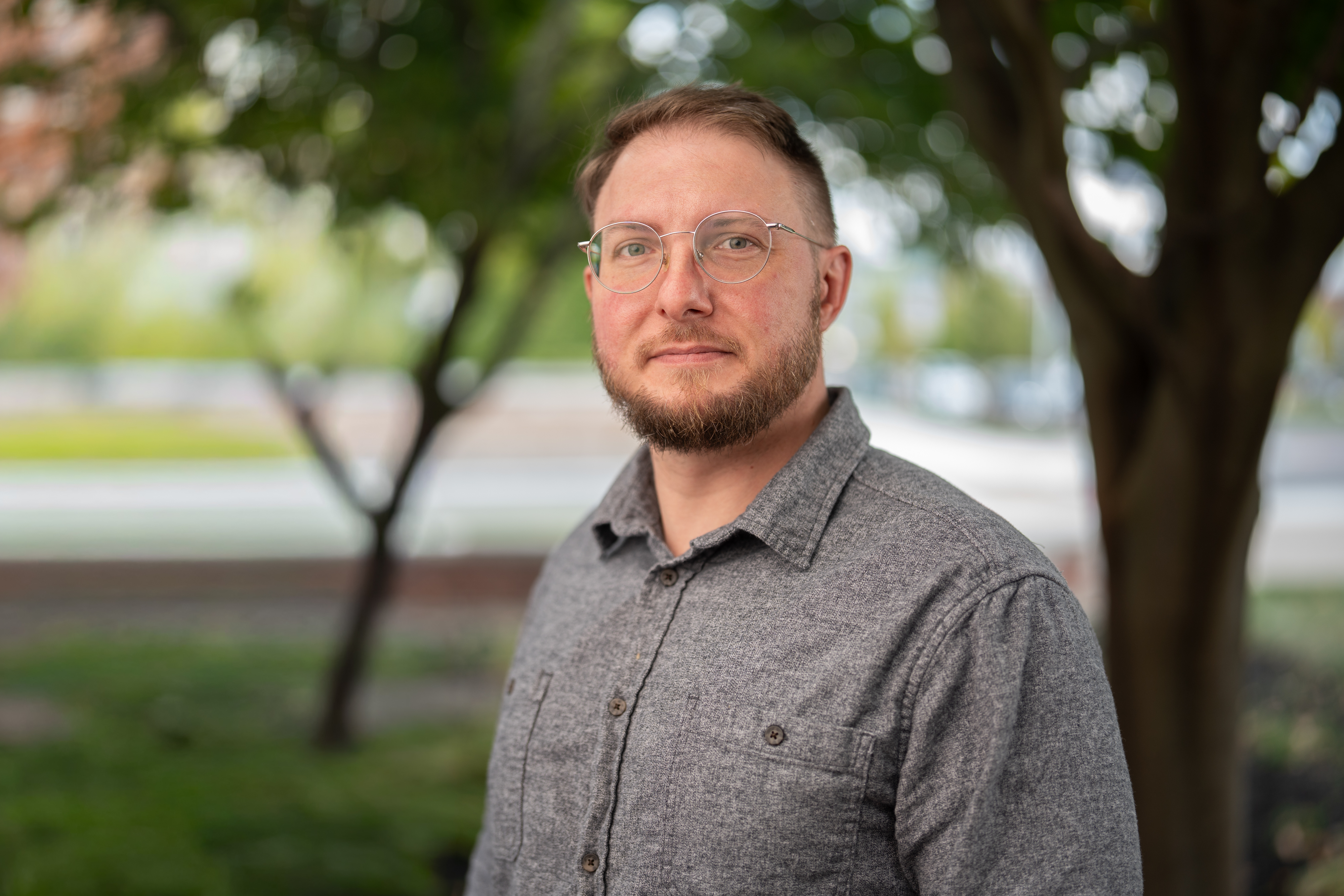
Assistant Professor Taylor Kessner (SUNY Geneseo/Matt Burkhartt)
Author
Additional Authors and Editors
Assoc. Prof. Sarah J. Kaka, Department of Education, Ohio Wesleyan University; Assoc. Prof. Anthony Tuf Francis, Oakland University; Assoc. Prof. Katrina Kennett, Montana University Western
Publication
The Councilor: A National Journal of the Social Studies (2025)
Summary
This article aims to offer social studies teachers a toolbox with which they may more effectively navigate this challenging landscape while continuing emphasize meaningful and inclusive education.
Abstract
Social studies classrooms and curricula have long been localized battlegrounds of broader cultural and political conflicts (Nash et al., 2000). These proxy conflicts—about what counts as history and whose history is taught to whom and why—have more recently evolved from brushfire conflicts to full-scale hot wars as local and state governmental actors have become more involved. Several state legislatures have introduced restrictions on teaching race, gender, and identity and increased demands for transparency in instructional content. More recently, in a 2024 executive order, President Donald Trump issued an executive order prohibiting governmental support for diversity, equity, inclusion, and justice efforts. The stakes for educators have never been higher. This article aims to offer social studies teachers a toolbox with which they may more effectively navigate this challenging landscape while continuing emphasize meaningful and inclusive education.
Main research question
What knowledge and skills do social studies teachers need to successfully navigate the emerging educational landscape amidst educational gag orders?
What the research builds on
Social studies classrooms and curricula have long been localized battlegrounds of broader cultural and political conflicts (Nash et al., 2000). These proxy conflicts—about what counts as history and whose history is taught to whom and why—have more recently evolved from brushfire conflicts to full-scale hot wars as local and state governmental actors have become more involved. Several state legislatures have introduced restrictions on teaching race, gender, and identity and increased demands for transparency in instructional content. More recently, in a 2024 executive order, President Donald Trump issued an executive order prohibiting governmental support for diversity, equity, inclusion, and justice efforts. The stakes for educators have never been higher. Despite often agreeing students should grapple with contested issues during their time spent in the schoolhouse, even liberal, progressive educators have long debated how best to help students confront this controversial or “difficult” content, a conversation often pivoting on the tension between Progressivism and Social Reconstructionist aims. John Dewey (1916) argued curricula should emerge from learners’ lived experiences and interests, cultivating habits of democratic deliberation through inquiry that begins with students’ own questions. George Counts (1932) contended schooling must go further, citing the need to explicitly challenge inequitable power structures and prepare young people to reconstruct society in ways that center justice and equity. Together, these perspectives suggest a complementary pedagogy: teachers might launch an inquiry with student-generated questions (honoring Dewey), then scaffold analysis of primary sources that illuminate structural inequities and invite civic action (advancing Counts). Recent scholarship on teaching controversial issues affirms that an approach rooted simultaneously in student voice and social critique can foster both engagement and democratic agency (Barton & Levstik, 2004; Hess & McAvoy, 2015).
What the research adds to the discussion
This article aims to offer social studies teachers a toolbox with which they may more effectively navigate this challenging landscape while continuing emphasize meaningful and inclusive education. We curated the recommendations we make in this article by drawing on our own recent research with hundreds of teachers navigating their craft in states that had recently either implemented so-called “divisive-issues” legislation or had made meaningful progress towards doing so. We orient our recommendations around three things the teachers we spoke with said they needed most amidst the tumult legislators have introduced into their districts, schools, and classrooms: institutional support, concrete classroom strategies, and personal and professional supports.
Implications for society
Teaching social studies in the current climate requires courage, adaptability, and a commitment to fostering critical thinking and civic engagement. By understanding the legal landscape, employing thoughtful instructional strategies, and building professional resilience, educators can continue to inspire and educate their students while navigating the challenges of the culture wars. Together, we can ensure social studies classrooms remain spaces for inquiry, dialogue, and growth. As schools face increasing pressures from legislation and public scrutiny, the role of social studies teachers becomes ever more vital. By implementing the strategies outlined above and advocating for robust teacher preparation, educators can continue to uphold the core mission of social education: to prepare students for thoughtful, engaged citizenship in a diverse democracy.
Citation:
Kessner, T. M., Kaka, S. J., Francis, A. T., and Kennett, K. (2025). “Navigating “divisive” issues in social studies education: Practical guidance for teachers,” The Councilor: A National Journal of the Social Studies, 88(2), 1-11. Available at: https://thekeep.eiu.edu/the_councilor/vol88/iss2/2
More Research Briefs
Call for Research
We invite SUNY Geneseo faculty to submit peer-reviewed research from the last three years to be added to this site.
